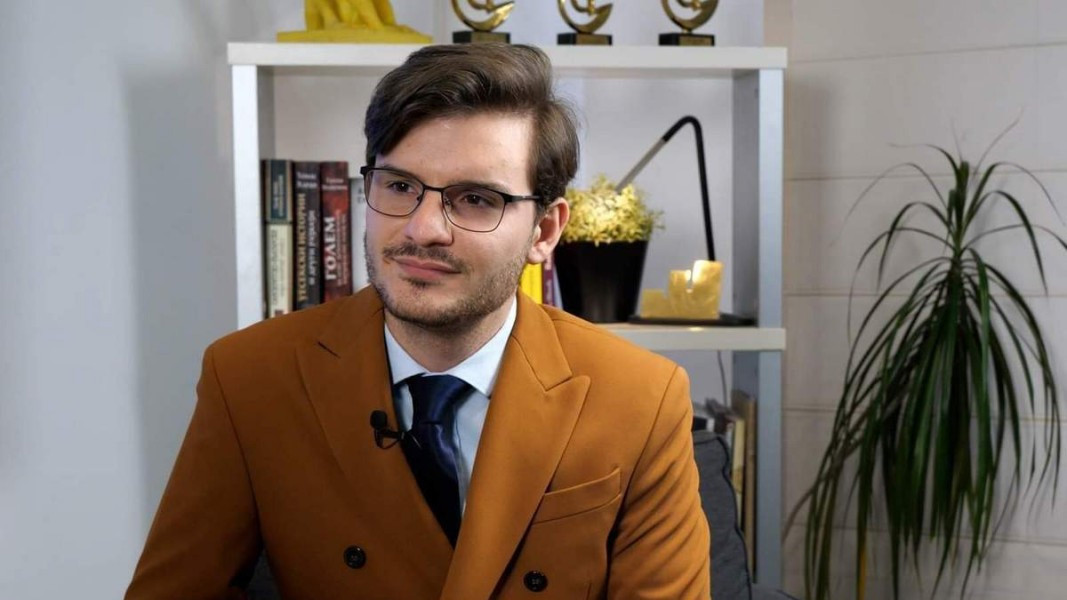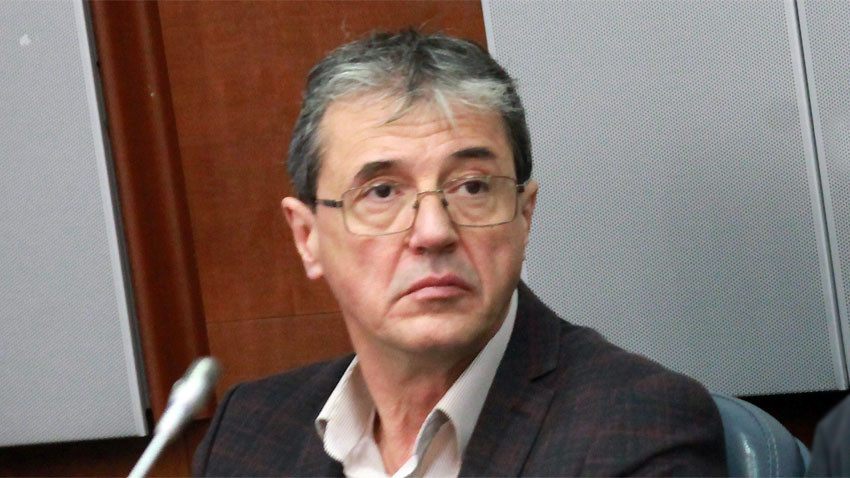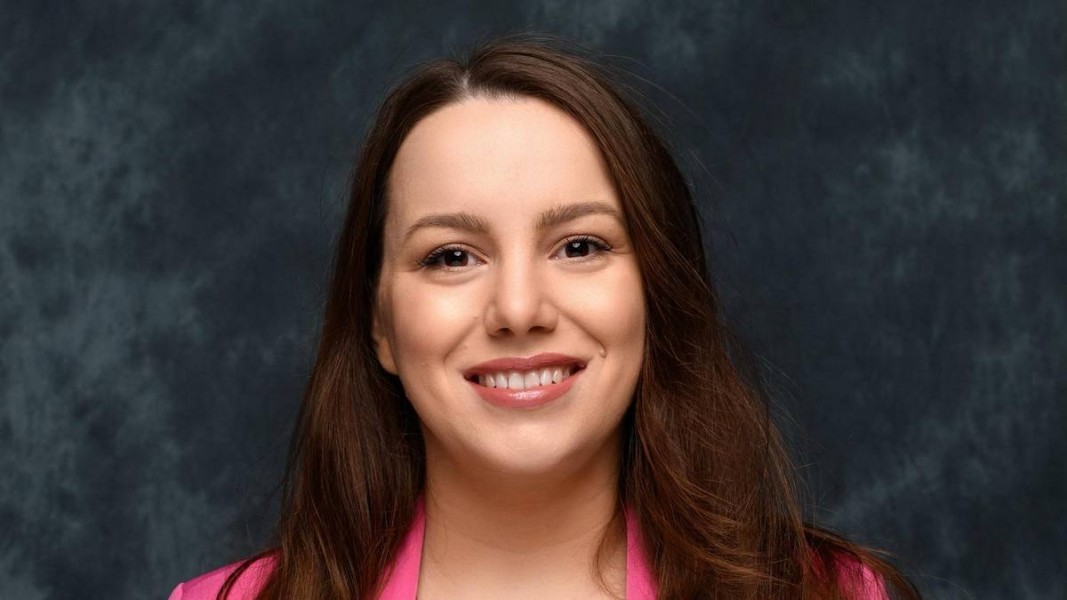Whether the analysts predicting a record-low turnout will be proved true is something we are going to find out at the end of today’s voting. For the fourth time in less than two years Bulgarians are going to the polls to choose a political representation that is adequate to the situation in the country. The complex geopolitical situation places an additional burden on voters, wearied as they are already by the never-ending crises and elections.

“The campaign was apathetic, and the messages conveyed by the parties are not adequate to the situation. That is why the fundamental question is the question of the trust in the institutions and in the political system as a whole,” says political analyst Atanas Radev in an interview with the BNR’s Horizont channel. In his words, politicians have not been able to conduct a substantive debate of ideas, concepts and strategic priorities. “I am not optimistic about voter turnout, seeing what the campaign as a whole is like,” he adds.
Today’s election was preceded by a dull election campaign, in which voters found it difficult to pick out any rational ideas for the resolution of the economic and the gas crisis as the winter months approach. Voters do not seem to be very enthusiastic, and that is only logical. “The trouble is there is no idea that can infuse enthusiasm into the public,” says political analyst Prof. Antony Todorov. In a situation like this vote-buying could sway the election.

“This is a problem that goes back a long time. Unfortunately, we often focus more on the people selling their votes than on the people who are out there buying them. This web has to be untangled. Because often there are people who are desperate, people who, knowing nobody is going to do anything for them, sell their vote. But the most dangerous people are the vote-brokers. It looks like the police are doing quite a lot, as they did during the previous election, but until an effort is made to cleanse politics of this counter-productive market logic, which puts people in parliament who are not there to do any politics but to do business for their own benefit, the buying and selling of votes will continue.”
It is important who comes first in today’s election but “there is another question that is more important – who would be capable of forming a government majority,” the political scientist says.
“Parties have an obligation to create a functioning parliament, to form a government, but at this point it all hangs in the balance, unfortunately,” says political analyst Maraya Tsvetkova in an interview with BNR-Vidin. She says she is hoping the turnout will not be low:

“My hope is fizzling away because they have been unable to mobilize citizens in the way they should have. People have lost faith. And political analysts, like myself, are finding it more and more difficult to motivate them to go out and vote.”
A complex situation in which responsibility once again lies with the voters, who have been wavering back and forth in search of “salvation”. Social surveys on the eve of election day register voters’ growing concerns about their personal wellbeing, with 6t1% saying that next year the situation is going to grow worse. Alongside these worries, people are also expressing concern over the war, with 40% voicing fears of the breakout of a world war in the next two years. Whether these fears will make people hunker down at home today, or will motivate them to go to the polls is something we are going to find out in the coming hours.
Interviews by Horizont channel and Radio Vidin, BNR

Editing by Elena Karkalanova
Photos: BGNES (library)From the distance of time, history and researchers will give their assessment of Bulgaria and its neighbourly relations in the first quarter of the 21st century. But even then, they will rely on the facts and perceptions of contemporaries about them...
Albania and Montenegro mark progress in European integration in 2024 EU leaders met on December 18 with their counterparts from the Western Balkans. European Commission President Ursula von der Leyen called for finding..
Caretaker Minister of Foreign Affairs Ivan Kondov participated in the regular meeting of the EU Foreign Affairs Council in Brussels, BTA reports. This was the first meeting chaired by the new EU High Representative for Foreign Affairs and Security..
North Macedonia’s Prime Minister Hristijan Mickoski stated that the Macedonian issue is not closed, because the European Court of Human Rights has ruled..
Fire kills dozens in Turkish mountain resort Kartalkaya 78 people died in a hotel fire in the Turkish ski resort of..

+359 2 9336 661
